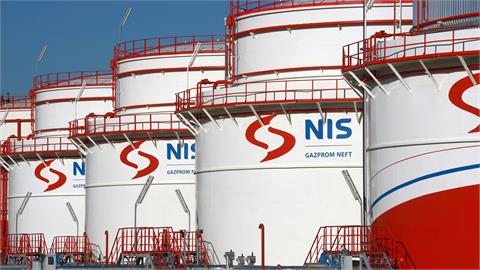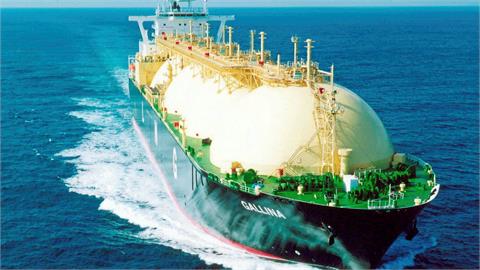Russia is considering whether to adopt a kind of state oil hedging program, similar to Mexico’s oil hedge, to protect government revenues from oil price crashes in the future, Russian news agency Interfax reported on Wednesday, quoting sources familiar with the matter.
Every year, Mexico buys put options from investment banks and typically hedges a whopping 200-300 million barrels of oil. With the put options, it has the right, but not the obligation, to sell oil at a previously set price and timing.
Such hedges minimize the losses in case oil prices crash. Earlier this year, it was the oil hedge that is thought to have saved Mexico’s economy from collapsing.
Now Russia is weighing an oil hedge and its President Vladimir Putin has instructed the relevant ministries and departments to submit a report about the pros and cons of initiating a hedging program by July 30, a source in Russia’s economic and finance departments familiar with the document told Interfax.
According to the idea, Russia’s sovereign wealth fund, the National Wealth Fund (NWF), will provide the money for an oil hedge.
Russia’s state-controlled oil giant Rosneft has approached Putin with a proposal to consider setting up an oil hedge, a source told Interfax, but Rosneft declined to comment on the matter to the news agency.
Currently, Russia’s economy is suffering the consequences of the oil price crash it helped create with the temporary rift with its OPEC+ partner Saudi Arabia in March. The Russian ruble crashed, and Russia’s oil income shrank as a result of the plunge in oil prices.
The oil price crash, along with the coronavirus-driven global recession, will result in Russia’s economy shrinking this year by 6 percent, or by the most in 11 years, the World Bank said in its latest economic report on Russia earlier this month.
(by Tsvetana Paraskova for Oilprice.com, July 22, 2020)



